Buying a used car can be exciting, but it’s also unpredictable. If you don’t know much about cars, buying one from an unreliable seller can be risky. To avoid those risks we did a little digging and made a guide on how to buy a used car and to be satisfied with the outcome. On these things you need to pay extra attention when buying a used car: finding a reliable seller or shop, determining a budget, and making proper research. Whether you’re a newbie or an experienced car dealer, these tips can make your life easier.
Contents
Research
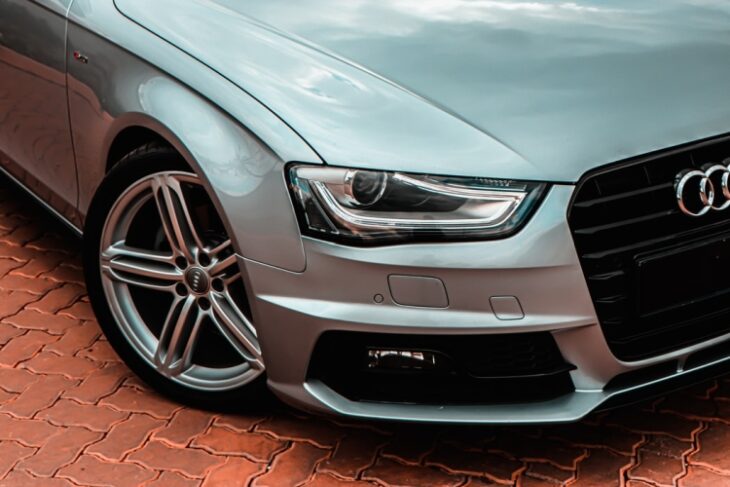
Source: unsplash.com
This is a very important step. Proper research can save you a lot of money and spare you from headaches, so don’t be lazy.
- Determine which type of car best suits your needs, if possible find the exact model.
- Check prices of wanted vehicles in a couple of stores nearby and compare them.
- Collect more information on the vehicle’s service history.
- Get familiar with the costs of maintenance. Some cars have hard-to-get and expensive parts.
- Determine what car accessories you want.
After you collect all the information you can decide which car is perfect for you and try to negotiate a good deal. All sellers leave a little bit of space for negotiation when it comes to price. Don’t tell at the beginning what is your maximum amount. Make an opening offer that is lower than your maximum price and you’ll easily get to the wanted amount.
Car History

Source: unsplash.com
Check the car’s history to see if it was ever in an accident or had a flood. if the car has been in an accident, you may have to replace some parts with new ones or pay for expensive bodywork work. If the car has been in a flood, there may be hidden corrosion or mold damage. For these reasons, it’s important to check for this before buying a used car outside of the uk
Rust and Defects
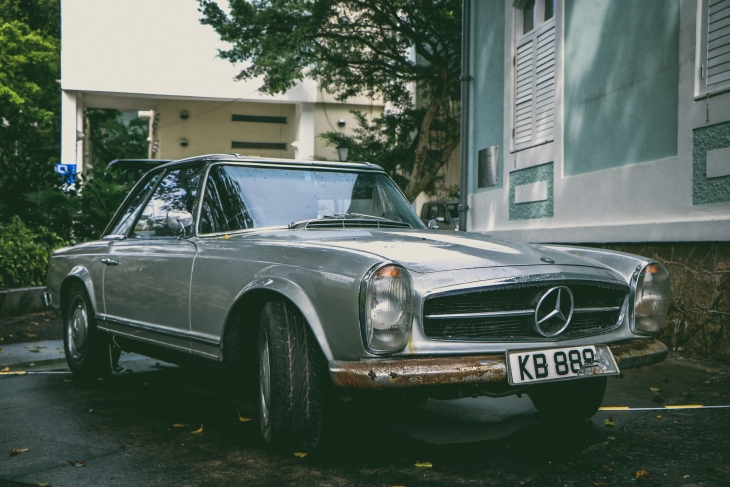
Source: unsplash.com
Look for any signs of rust, which could indicate a problem with the water system. The UK has strict vehicle safety regulations, which many countries outside of it do not have in place. It’s important to check that the car complies with these requirements before buying a used car overseas so you don’t end up buying an unsafe vehicle. Things like headlights and emission systems may be different abroad as well as other parts of the cars’ components. Remember that most new vehicles made for export will already comply with this requirement anyway and you’ll avoid any confusion or unexpected costs from importing them back into your home country later on down the line!
Find a reliable seller
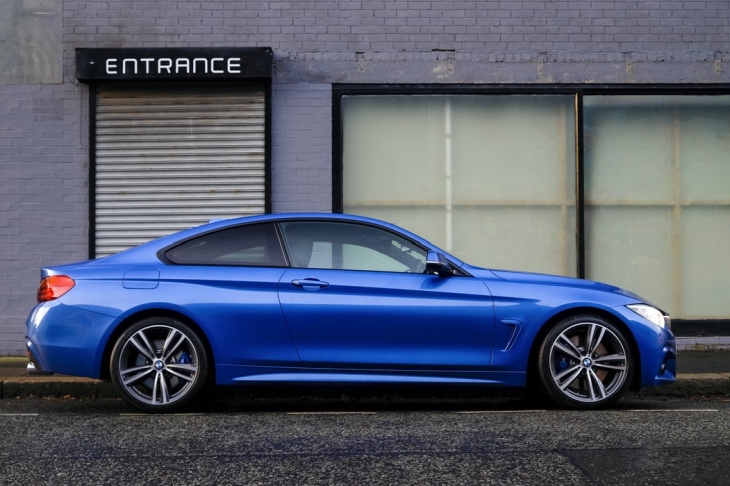
Source: unsplash.com
Before you even consider buying a car you should find a trustworthy shop or seller that can save you a lot of money later. Check with your friends and family, maybe some of them recently bought a used vehicle under great condition and they have someone to recommend. Or you can do a small research. These days many companies on their websites, like carzaty.com , are offering great conditions, like a 7-day return policy and 90-day warranty. That way you’ll be sure that everything is fine with the vehicle you bought and at the same time, you have a chance to return it if there is something wrong with it.
Determine a budget
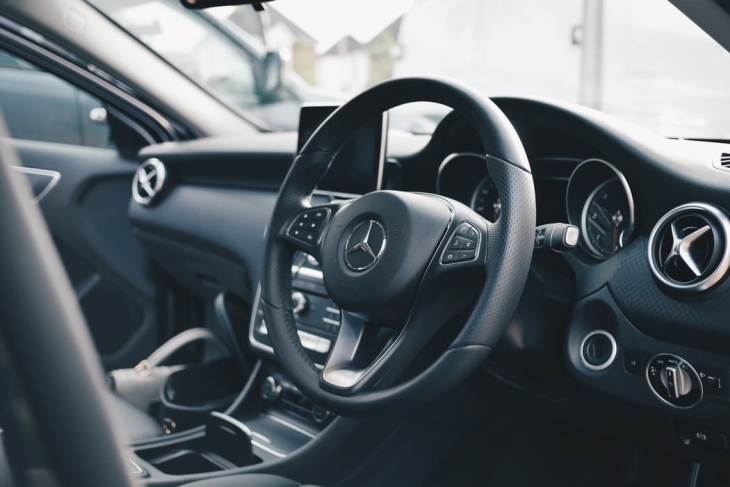
Source: unsplash.com
Calculate how much money you’re willing to spend on a vehicle, make a plan and stick to it. You don’t want to get an expensive vehicle and have trouble paying it off. In case you’re taking out a loan, your car payment shouldn’t be more than 10% of your take-home pay. Don’t forget about extra costs like insurance, registration, and the cost of future maintenance. Some cars can look cheap at first sight, but when we calculate everything they can be over our budget. If the vehicle you’re buying doesn’t have a warranty it would be smart to set aside a fund to cover unexpected repairs. It wouldn’t be bad to have a vehicle inspected before buying to avoid future repairs.
Test drive
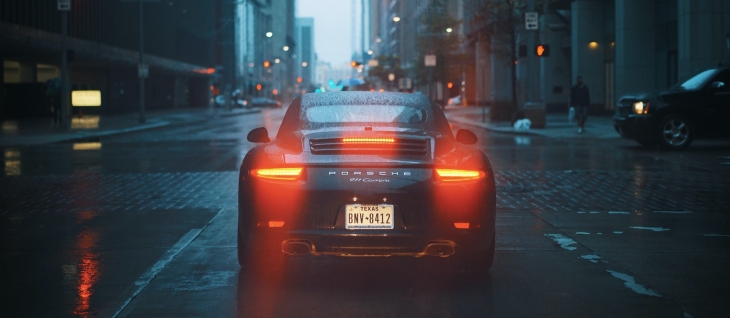
Source: unsplash.com
There is no better way to determine if the car is right for you than to take it on a test drive. You can focus on things you’re interested in and under your specific conditions. Here is the list of things you should pay attention to:
- Make sure seats are comfortable and the driving position suits your needs
- Check visibility. Does the car have blind spots? Are mirrors okay?
- Tires are important, test them. If you can drive a car on a highway to see how they perform at higher speeds.
- Check suspensions. It’s ideal if you can drive a car off-road, that will tell you a lot.
- Test brakes. Do they squeak when you press the brake pedal? How much time do you need to stop the cvehicle?
- Don’t forget about the engine. Is it too noisy when you drive it on higher revs?
- The air conditioner is also an important checkpoint. Test how it cools the car on a hot day.
Extra tip: It’s ideal if you have a licensed service dealer nearby so you can drive a car there for a final check. If not, try to find a reliable service.
Conclusion
This guide is mainly made for people who don’t know a lot about vehicles. In case you pay attention to the listed suggestions while buying a used car you don’t leave it a chance to do a lot of things and your purchase will be successful. Anyhow, you can always ask professionals who can give you the best advice and answers to all your questions. If you want to buy a used car outside of the UK, don’t worry. You will not have any problem as long as you follow some suggestions. It is important that when buying a second-hand vehicle there are many aspects which need consideration but I think this post should cover most of them and help people who don’t know much about vehicles with their purchase.
